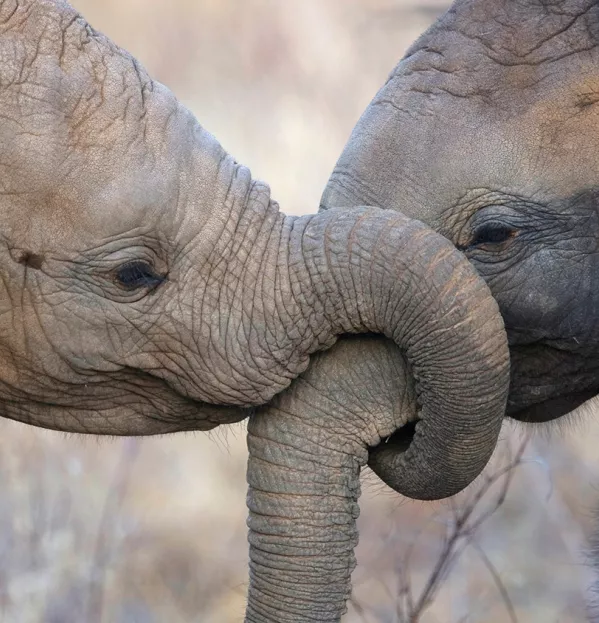Children need friends, not social engineering

I felt for Prince George last month. Not only did he have to cope with reporters poised to capture his every lip tremble as he began his school days, but also, according to widespread reports, would be discouraged from having a best friend at school.
How you feel about this is a little bit dependent on the journalistic spin, really - and your own associations of what a “best friend” means.
If you’re picturing a small group of children closing ranks around the sand pit and refusing to share their crayons then you might think it’s a rather good idea. Certainly, it’s hard to object to initiatives where children are asked to avoid giving out party invitations in school if the guest list splits classmates into the wanted and the unwanted.
But whether the school does “ban best friends” or whether it’s a confused “no child left behind” inclusivity drive, it’s difficult not to accept that children will make stronger bonds with some of their peers than others. In fact, it’s healthy to figure our the qualities you value in others.
Let’s be honest: as adults, we don’t like everyone equally. If you’ve ever played the time-sucking life simulation game The Sims, you might recall the way that plus signs appear above the heads of two characters who are bonding with one another. It’s a crude metaphor for what happens in real life. We chat to people, we discover things in common - or different perspectives that delight and fascinate us - then we like each other more.
It’s also a process that resists analysis and thrives on unpredictability, as you’ll know if you’ve ever been on a date with someone where you have a lot of common ground on paper but literally nothing to talk about in person. We like who we like; it’s a magical, mysterious, life-affirming process that children have to negotiate as well as adults.
If you’re a teacher, you’ve almost certainly had the privilege of watching this happen throughout your career. That moment where you see two children who are simply busy delighting in each other’s company, comparing disgusting food choices or engaging in elaborate play-acting, complete with props and scripts and ongoing story lines. Sometimes we see children “plussing” in real life - and I think this is a good thing, even if it does mean that some children end up closer friends than others.
In fact, if we’re not careful, trying to promote a “flat hierarchy” of friendship could end up penalising the children who need the most help. Speaking as someone who had some variation of “Katy is rather shy…” written on her every school report, being able to make fewer, closer connections with those around me was pretty crucial to my general levels of happiness at school.
While social butterflies might be equally good friends with 30 other children, for many of us it’s easier to build up the trust required for friendships in smaller numbers.
Upholding structure
Don’t get me wrong: children can be thoughtlessly cruel to one another. One of our jobs as teachers is to uphold the structures that prevent classrooms from descending into some sort of Lord of the Flies-style scenario. Little children sometimes use friendship as a system of bartering (I’ll be your best friend if you sit next to me, lend me your felt tips or give me your lunch), whereas older ones sometimes wield it as a weapon.
But these sorts of problems are best addressed by helping children to understand what healthy friendships look like by talking about compromise and kindness and jealousy and forgiveness. When children make friends, break friends, change friends and even have their hearts broken by their friends, they are practising for the relationships that will define their later lives, too.
There’s always a fine line for teachers between protecting children from the world and preparing them for it. Close friendships can be a beautiful, wonderful, painful thing. You can’t force friendships through proximity or convenience and equally, you can’t prevent them by some sort of insistence on keeping things light and uniform. A good rule of thumb is that if something is the sort of social engineering you might find in a dystopian novel, it probably needs a re-think…
Friendship isn’t always easy, but it is worthwhile. It’s a different skill to simply being kind and welcoming to everyone around us. We can and should continue to encourage children to be inclusive and considerate of one another, but if we don’t also give them the space and the understanding to develop particular friendships, we’re ultimately doing them a disservice.
After all, as Aristotle is credited with saying, “A friend to all is a friend to none.”
Kate Townshend is a teacher in Gloucestershire. She tweets @_KateTownshend
You need a Tes subscription to read this article
Subscribe now to read this article and get other subscriber-only content:
- Unlimited access to all Tes magazine content
- Exclusive subscriber-only stories
- Award-winning email newsletters
Already a subscriber? Log in
You need a subscription to read this article
Subscribe now to read this article and get other subscriber-only content, including:
- Unlimited access to all Tes magazine content
- Exclusive subscriber-only stories
- Award-winning email newsletters